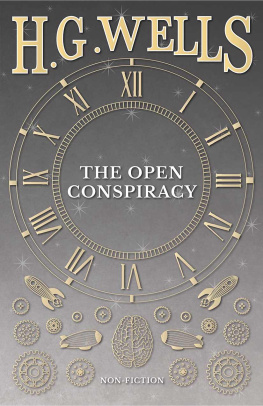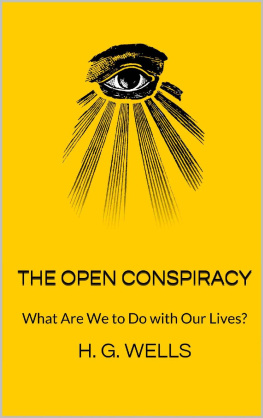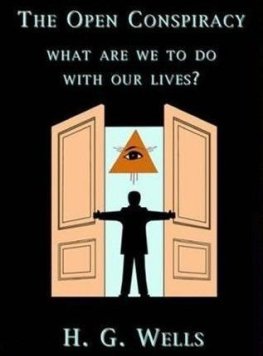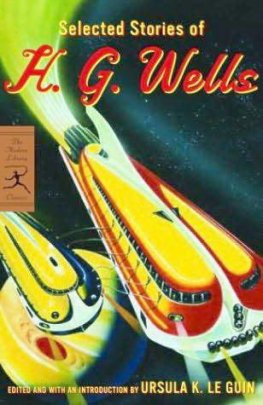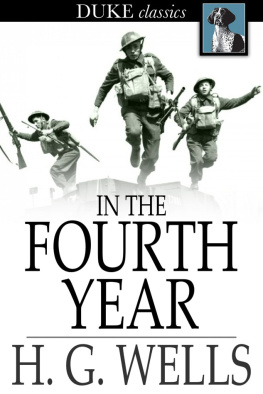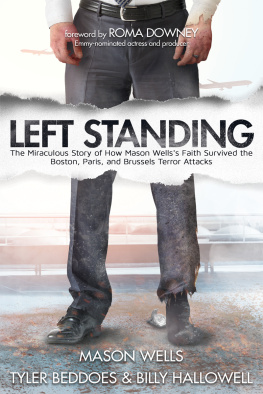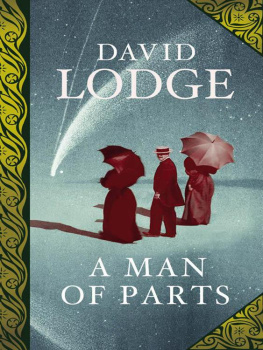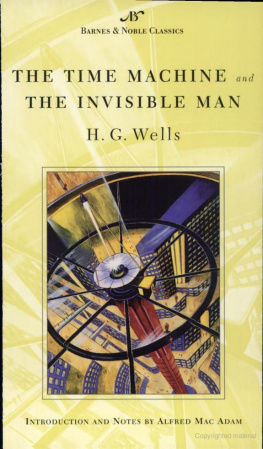THE OPEN CONSPIRACY
By
H. G. WELLS
1933
Copyright 2016 Read Books Ltd.
This book is copyright and may not be
reproduced or copied in any way without
the express permission of the publisher in writing
British Library C ataloguing-in-Publicatio n Data
A catalogue record for this book is available from
the British Library
Contents
H. G. Wells
Herbert George Wells was born in Bromley, England in 1866. He apprenticed as a draper before becoming a pupil-teacher at Midhurst Grammar School in West Sussex. Some years later, Wells won a scholarship to the School of Science in London, where he developed a strong interest in biology and evolution, founding and editing the Science Schools Journal. However, he left before graduating to return to teaching, and began to focus increasingly on writing. His first major essay on science, The Rediscovery of the Unique, appeared in 1891. However, it was in 1895 that Wells seriously established himself as a writer, with the publication of the now iconic novel, The Time Machine.
Wells followed The Time Machine with the equally well-received War of the Worlds (1898) , which proved highly popular in the USA, and was serialized in the magazine Cosmopolitan . Around the turn of the century, he also began to write extensively on politics, technology and the future, producing works The Discovery of the Future (1902) and Mankind in the Making (1903). An active socialist, in 1904 Wells joined the Fabian Society, and his 1905 book A Modern Utopia presented a vision of a socialist society founded on reason and compassion. Wells also penned a range of successful comic novels, such as Kipps (1905) and The History of Mr Polly (1910).
Wells 1920 work, The Outline of History, was penned in response to the Russian Revolution, and declared that world would be improved by education, rather than revolution. It made Wells one of the most important political thinkers of the twenties and thirties, and he began to write for a number of journals and newspapers, even travelling to Russia to lecture Lenin and Trotsky on social reform. Appalled by the carnage of World War II, Wells began to work on a project dealing with the perils of nuclear war, but died before completing it. He is now regarded as one of the greatest science-fiction writers of all time, and an important political thinker.
INTRODUCTION
The Open Conspiracy was Wells' Blue Print for A World Revolution ; he regarded this book as his finished statement on the way the world ought to be ordered. Possibly he underestimated, or ignored, the fact that it is often in the interest of subsets of the human race to act against other subsets. Moreover the emphasis on religion seems odd, from a rationalist.
After the First World War, observing the lack of knowledge of most people about most things, he turned to history, starting, in 1918, his Outline of History first published in parts with 'gorgeous' covers, then in 1920 as a two-volume work including colour plates of a lavish nature for the time. In effect it was jointly authoredhis chapters were sent to collaborators, and the resulting multiple corrections reassembled by the duly-chastened Wells. A 'popular' one-volume edition appeared in 1930. By the standards of its time this was a best-seller. It was praised decades later by A.J.P. Taylor as 'still the best introduction to history'. Toynbee had a favourable opinion of it. During the 1920s it sparked a controversy with Hilaire Belloc, who believed in such things as the 'Fall of Man'. It was also attacked by a teacher of Greek. Wells' hopes that school history could be taught in an international sense still, of course, have not come to fruition.
He planned and collaborated a hefty set of volumes on biology, The Science of Life , with his own son, and with Julian Huxley; the theme was largely evolutionary ( The Origin of Species was published only a few years before his birth). Huxley, a descendant of T.H. Huxley, regarded Wells as something of a Cockney upstart.
And he wrote a descriptive, rather than analytical, book on economics, which includes many ingenious observations but was eclipsed by Keynes' General Theory of four years later.
Some of his books were filmed; his Invisible Man was turned into a filmscript by Preston Sturges, who however regarded his books as not very filmable and infuriated Wells by making the invisible man mad. Another media incident was Orson Welles' radio broadcast of War of the Worlds in 1938, involving aggressive Martians landing in a location Americanised from its original Surrey, and which was reported to have cause mass panic among less educated Americans on the eastern seaboard.
C.P. Snow wrote of Wells that he could 'throw out a phrase that crystallised a whole argument', and that he 'never heard anyone remotely in the same class.' Among these phrases were 'the War that will end War', coined when he worked with the Ministry of Propaganda under Northcliffe during the First World War, which he supported, and 'the New World Order', which he seemed to be the first to use, or popularise, in a 1940 book of that title. His less successful phrases included the 'competent receiver'. He said of himself that he 'worked all the time'.
He was a socialist of an empirical, rather vague, rationalist type, disliking Marx and unenthusiastic about the managerial socialism of the Webbs.
His book The Open Conspiracy was published in 1928, subtitled Blue Prints for a World Revolution . Bertrand Russell said of this book '...I do not know of anything with which I agree more entirely' though since this was in a begging letter perhaps he was just being polite. It was revised and republished as What Are We to Do with Our Lives? in 1931.
In this short book, Wells attempts to answer the question: What should socialists actually do?to which he confessed several times to having no very clear idea. It's a counter to Marx: why shouldn't non-proletarians unite to change the world?
I. THE PRESENT CRISIS IN HUMAN AFFAIRS
THE world is undergoing immense changes. Never before have the conditions of life changed so swiftly and enormously as they have changed for mankind in the last fifty years. We have been carried alongwith no means of measuring the increasing swiftness in the succession of events. We are only now beginning to realize the force and strength of the storm of change that has come upon us.
These changes have not come upon our world from without. No meteorite from outer space has struck our planet; there have been no overwhelming outbreaks of volcanic violence or strange epidemic diseases; the sun has not flared up to excessive heat or suddenly shrunken to plunge us into Arctic winter. The changes have come through men themselves. Quite a small number of people, heedless of the ultimate consequence of what they did, one man here and a group there, have made discoveries and produced and adopted inventions that have changed all the condition, of social life.
We are now just beginning to realize the nature of these changes, to find words and phrases for them and put them down. First they began to happen, and then we began to see that they were happening. And now we are beginning to see how these changes are connected together and to get the measure of their consequences. We are getting our minds so clear about them that soon we shall be able to demonstrate them and explain them to our children in our schools. We do not do so at present. We do not give our children a chance of discovering that they live in a world of universal change.
What are the broad lines upon which these alterations of condition are proceeding?
It will be most convenient to deal with them in the order in which they came to be realized and seen clearly, rather than by the order in which they came about or by their logical order. They are more or less interdependent changes; they overlap and interact.

